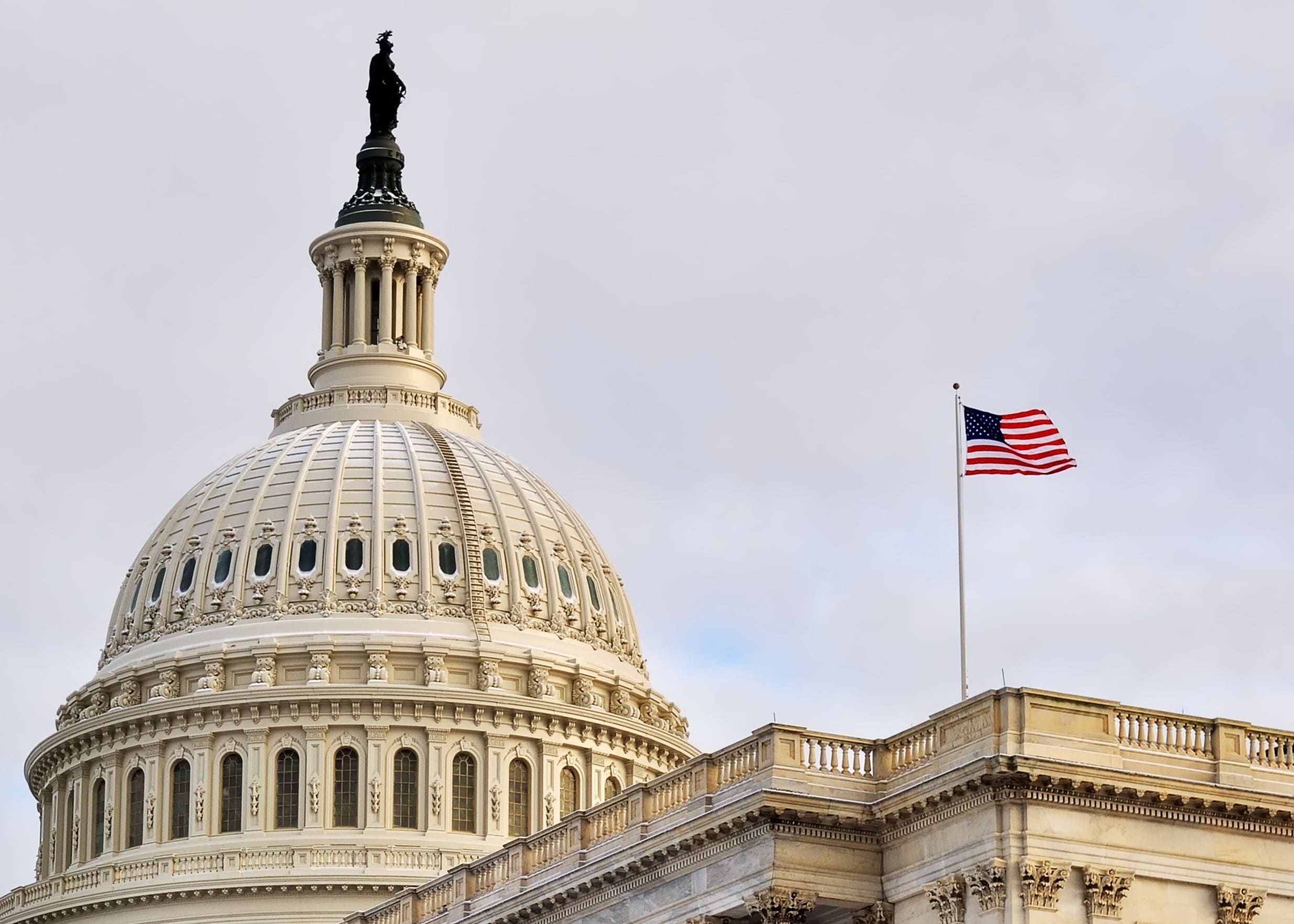The U.S. The U.S. Citizenship and Immigration Services (USCIS) has ended the Public Charge Rule implemented by the Trump administration in August 2019. Below is a report about the current state of affairs and its consequences for visa applicants.
Elimination of Public Charge
U.S. U.S. Citizenship and Immigration Services (USCIS) has ended the enforcement of Trump’s Public Charge Rule, affecting immigrants who seek federal assistance. This was effective immediately. This is due to successful lawsuits challenging Trump’s final Public Charge Rule and the Biden administration’s decision to end government opposition to the cases.
The 2019 Public Charge Rule was repealed, and USCIS now applies the much less strict Public Charge Rule established in the 1999 interim rule. The self-sufficiency requirement (Form I-944 Declaration of Self-Sufficiency) has been eliminated.
USCIS will not apply the Public Charge Rule to cases decided after March 9, 2021, regardless of the date the lawsuit was filed.
What did the Public Charge Rule mean?
The Public Charge approach dates back a long time, but the Public Charge Rule that the Trump administration introduced went beyond what we knew about when a foreign applicant for a visa is or will be a burden on the public (= Public Charge under Section 212 (a)(4) Immigration and Nationality Act or the Act).
The U.S. Congress created the possibility that the U.S. government could refuse to issue a U.S. Visa if the beneficiary is likely to become dependent on government aid. This was in 1882. The former US President Trump further clarified what is meant by “is likely at all times to become a public charger.” This broad interpretation of the Public Charge Rule (or reliance on government benefits in the future or now) was critical. This would have led to a reduction in the number of Americans who are eligible for green cards or other US visas.
The U.S. government played a role in financial aid for long-term care and living expenses.
The Public Charge Rule was controversial right from the start. After being blocked by several injunctions, the U.S. Department of Homeland Security’s Final Rule Inadmissibility for Public Charge Grounds (DHS) was made effective on February 24, 2020, instead of October 15, 2019. A second nationwide injunction was issued due to the COVID-19 pandemic, which prevented the Public Charge Rule from being implemented.
U.S. Immigration Regulations
The U.S. responded to the Public Charge Rule. U.S. Citizenship and Immigration Services (USCIS) published guidance on February 5, 2020. It defined the term “public cost” in inadmissibility decisions under INA 212(4) and listed exempt applicants and types of public benefits or assistance considered in these determinations.
